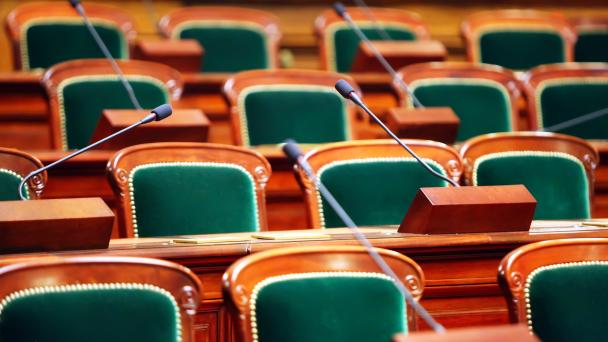BSA 40: Gender roles


Age has become the biggest demographic divide in British politics, with younger people being more likely to vote Labour, while older people mostly support the Conservatives. But does this mean that a generational divide has opened up in people’s values and policy preferences? This chapter traces the evolution of age differences in support for left-right and liberal-authoritarian values since the 1980s, together with attitudes towards taxation and spending.
Until recently, there has been little difference between younger and older people in where they stand on the left/right spectrum. However, in recent years younger people have moved somewhat to the left.
Though both groups have become more liberal over time, younger people have always been less authoritarian than older people.
In the 1980s and early 1990s, younger people were more likely than older people to say taxation and spending should be increased. But since the mid-1990s the opposite has been true.








Receive a regular update, sent directly to your inbox, with a summary of our current events, research, blogs and comment.
Subscribe